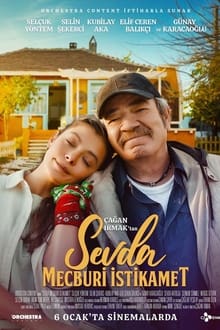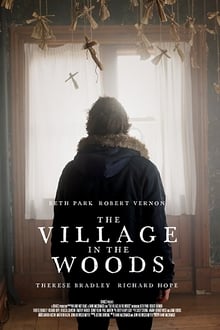
A young boy, Lele, goes missing in the Changbai mountains after an argument with this father. Approaching the vital 48 hour mark and with no sign of Lele, his father takes it upon himself to brave an upcoming avalanche to save his son
You May Also Like



When a young couple from the wrong side of the tracks decide to take on an inheritance fraud job, little do they know that they have accepted a fate far darker then they could ever have imagined.

When a self-destructive teenager is suspended from school and asked to look after his feisty alcoholic grandmother as a punishment, the crazy time they spend together turns his life around.

After discovering John Mosby’s ancient, hidden treasure, two teams compete in an exhilarating treasure hunt. The teams join together, after the hunt turns into a survival rather than a game.


Henry Jekyll is a troubled man. His wife died of pneumonia. He wants his sister-in-law, but her father forbids any contact. And his experiments into the dual nature of man have yielded a personality-splitting drug that he has tested on himself, changing him into an uninhibited brute who seeks violent and undignified pleasures. Jekyll quickly becomes addicted to the sordid freedom induced by the drug. He can commit the most enjoyably revolting deeds, then return to his laboratory and use an antidote to change back to his original form, so that his lofty persona remains untarnished.

After being fatally injured in a car crash, a man is given three months back on earth to make amends.

Joe Goodies has just entered an advertising agency after recovering from the death of his girlfriend in a car accident. Ruined by the compensation he has to pay for the accident, he decides, with his new girlfriend, to kidnap the son of the president of the agency and ask for a bailout.

Charming LA architect Harrison, also a great cook and lover, gets engaged to Cate, a San Francisco landscape architect he meets while collaborating on a major project, after they get locked in by a malfunctioning elevator. She moves to LA for him and volunteers, while he’s on mission in Tokyo, to mind his widowed mother Evelyn, still a major force in his life. However Cate gets paranoid when feeling weak and hearing rumors that his former girlfriend disappeared mysteriously years earlier, even cancels the engagement. Then the truth gets out, clearing Harrison and uncovering a lurking danger.

After several years of sexual dysfunction, Ada and her boyfriend, Calvin travel to her hometown in rural Oklahoma in hopes of piecing together her fragmented childhood memories. They find their answers, but can they find their way back home?